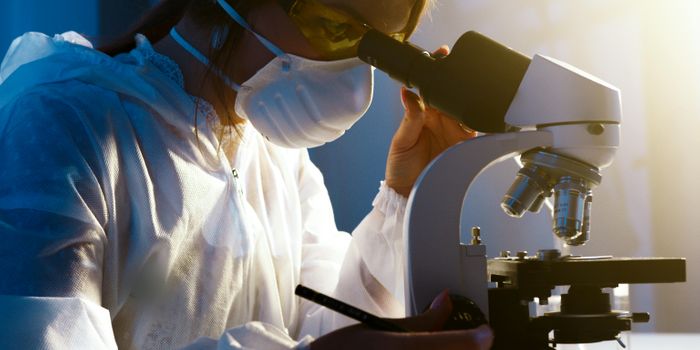Health Risks from Fecal Transplants Call for Caution

“I think it's a bit of a wakeup call to the field that maybe we shouldn't willy-nilly put large bowel microbes into different parts of the intestine that shouldn't be there,” lead author of the study, Orlando (Landon) DeLeon, PhD, a postdoctoral researcher at the Department of Medicine at the University of Chicago, said in a press release.
“If we're designing good therapeutics, we should be aware of the importance of matching the regional microbiota to their proper environments, so that we provide better overall health benefits,” he added.
In the current study, the researchers split mice into three groups to observe the effects of different kinds of FMT on their intestines. The first group was given a transplant of microbes from the jejunum, the first part of the small intestine, while the second group received a standard FMT. The third group had a transplant from the cecum, the intermediary area between the small and large intestines that contains microbes from both.
Ultimately, microbes from each of the transplants were found to colonize the entirety of the mice’s intestinal tracts- not just their native areas. This generated regional gut mismatches that persisted for up to three months post-transplant. Downstream effects of these mismatches included changes in liver metabolism, including activity in genes linked to immune function, and changes in eating behaviors, activity, and energy expenditure.
The researchers further found that mismatched microbes altered gene and protein expression in the intestinal lining in ways that more closely resembled expression from their original areas. DeLeon said it was like the microbes were ‘terraforming’ their environments to better fit in.
In the press release, Eugene B. Chang, MD, the Martin Boyer Professor of Medicine at the University of Chicago, said that the findings highlight the need for more caution with FMT before its long-term effects are fully understood. Together with DeLeon, he advocated for ‘omni-microbial transplants’ or OMT instead of FMT. This approach delivers microbes from all regions of the intestine as opposed to the colon alone to ensure microbes naturally settle in the right places.
“If there's an open space, something's going to fill it. But the microbes that were supposed to be there are better suited for it, so they're more naturally going to fill it even in the presence of other microbes,” said DeLeon.
DeLeon intends to continue studying how different microbes affect different parts of the intestine and how gut regions terraformed by microbiota mismatches can be restored to their original state.
Sources: EurekAlert, Cell








